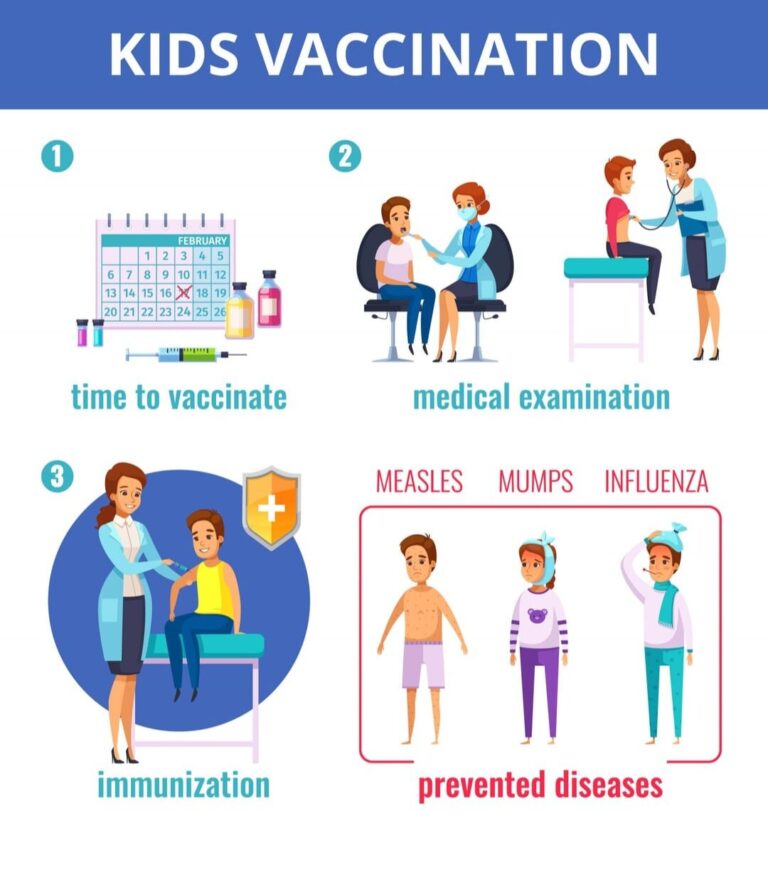Prader-Willi Syndrome
Prader-Willi Syndrome (PWS) is a rare genetic disorder characterized by a range of physical, behavioral, and developmental issues. It is caused by abnormalities in the genes on chromosome 15 and affects multiple systems in the body. This article provides an overview of Prader-Willi Syndrome, including its causes, diagnosis, and management strategies.
What is Prader-Willi Syndrome?
Prader-Willi Syndrome is a genetic disorder that results from the loss of function of genes on the paternal chromosome 15. The condition is marked by a combination of physical, cognitive, and behavioral symptoms that vary in severity.
Causes of Prader-Willi Syndrome
1. Genetic Abnormalities
Prader-Willi Syndrome is caused by the loss of function of genes in a specific region of chromosome 15. There are three main genetic mechanisms responsible for PWS:
Paternal Deletion: The most common cause, where a portion of the paternal chromosome 15 is missing or deleted. This accounts for about 70% of cases.
Maternal Uniparental Disomy (UPD): Occurs when a child inherits two copies of chromosome 15 from the mother and none from the father. This accounts for about 25% of cases.
Imprinting Defects: Rarely, the syndrome is caused by defects in the imprinting mechanism that controls the expression of genes on chromosome 15. This accounts for less than 5% of cases.
2. Inheritance Pattern
Prader-Willi Syndrome is not inherited in a typical Mendelian pattern. Instead, it arises from genetic abnormalities occurring spontaneously. However, in cases of imprinting defects, there may be a hereditary component.
3. Prevalence
Prader-Willi Syndrome occurs in approximately 1 in 10,000 to 30,000 live births. It affects both males and females equally and can be found in any ethnic group.
Diagnosis of Prader-Willi Syndrome
1. Clinical Evaluation
Diagnosis of Prader-Willi Syndrome often begins with a clinical evaluation based on characteristic features, which may include:
Hypotonia (Low Muscle Tone): Noticeable in infancy, often leading to feeding difficulties and developmental delays.
Feeding Difficulties: Early feeding problems and poor weight gain during infancy, followed by hyperphagia (excessive hunger) as the child grows.
Obesity: Excessive weight gain due to an insatiable appetite and decreased physical activity.
Developmental Delays: Delayed milestones such as walking and talking, with cognitive impairment.
Behavioral Issues: Temper tantrums, compulsive behaviors, and obsessive tendencies.
Distinctive Features: Short stature, small hands and feet, and sometimes hypogonadism (underdeveloped sexual organs).
2. Genetic Testing
Genetic testing is essential for confirming a diagnosis of Prader-Willi Syndrome:
Methylation Analysis: This test checks for abnormal patterns of DNA methylation in the 15q11.2-q13 region to determine if PWS is caused by paternal deletion or other genetic mechanisms.
Chromosome Microarray Analysis: Used to detect deletions or other chromosomal abnormalities.
Genetic Counseling: Provides information on the genetic mechanisms and inheritance patterns, especially in cases where imprinting defects are suspected.
3. Prenatal Diagnosis
For families with a known risk of Prader-Willi Syndrome, prenatal testing may be offered:
Chorionic Villus Sampling (CVS): Performed between 10 and 13 weeks of pregnancy to analyze fetal DNA for genetic abnormalities.
Amniocentesis: Conducted between 15 and 20 weeks of pregnancy to test for genetic changes associated with Prader-Willi Syndrome.
Management and Support
There is no cure for Prader-Willi Syndrome, so management focuses on addressing symptoms and supporting the affected individual’s health and development. A multidisciplinary approach is often required:
1. Medical Management
Hormone Therapy: Growth hormone therapy is commonly used to improve growth and increase lean muscle mass. Sex hormone replacement therapy may also be required during puberty.
Dietary Management: A carefully controlled diet and supervised meal planning are essential to manage obesity and prevent excessive weight gain.
Regular Monitoring: Ongoing medical check-ups to monitor for and manage associated health issues such as diabetes and sleep apnea.
2. Developmental Support
Early intervention services are important for children with Prader-Willi Syndrome:
Physical Therapy: To address motor delays, improve muscle tone, and support physical development.
Occupational Therapy: To assist with fine motor skills, daily living activities, and sensory integration.
Speech and Language Therapy: To support communication development and address speech delays.
3. Educational Support
Individualized Educational Plans (IEPs) can be tailored to meet the specific learning needs of children with Prader-Willi Syndrome:
Specialized Instruction: Adaptive teaching methods to accommodate cognitive and developmental delays.
Behavioral Therapy: To address behavioral challenges and support social skills development.
4. Psychological and Social Support
Support services for families may include:
Counseling: To help parents and caregivers cope with the emotional and practical aspects of managing a chronic condition.
Support Groups: Connecting with other families affected by Prader-Willi Syndrome for shared experiences and support.
5. Regular Monitoring
Regular follow-ups with various specialists are essential for managing health and developmental needs:
Endocrinologists: For growth and hormone management.
Nutritionists: To develop and oversee dietary plans.
Behavioral Specialists: To manage behavioral and psychological aspects of the syndrome.
Long-Term Outlook
The prognosis for individuals with Prader-Willi Syndrome varies depending on the severity of symptoms and the presence of associated health issues. With appropriate medical care, early intervention, and support, many individuals with Prader-Willi Syndrome can lead productive lives and participate in various activities. Lifelong management and support are often required to address ongoing health and developmental needs.
Conclusion
Prader-Willi Syndrome is a genetic disorder characterized by a range of physical, behavioral, and developmental challenges. Early diagnosis through clinical evaluation and genetic testing, combined with a comprehensive management plan, can help address symptoms and improve the quality of life for affected individuals. By understanding the causes, diagnosis, and management strategies for Prader-Willi Syndrome, families and healthcare providers can work together to support the best possible outcomes for those affected by this complex condition.







